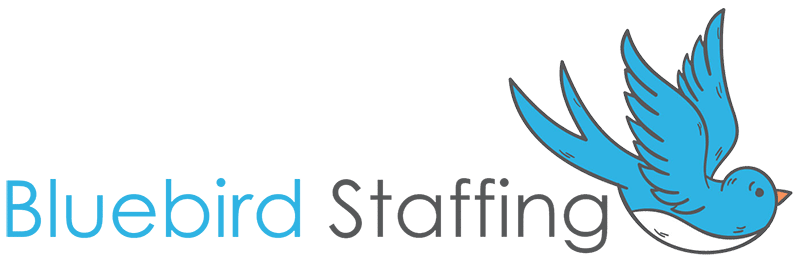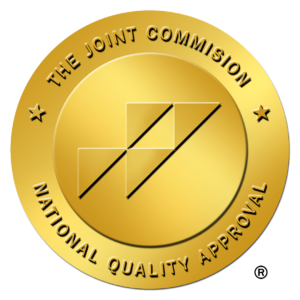Compliance with regulations and ethical standards is critical in healthcare. In an environment where patient care and well-being are driving forces, maintaining the highest integrity and ethical conduct is a legal requirement and a moral obligation for any healthcare professional.
This blog will provide healthcare professionals with an in-depth overview of key compliance considerations, including patient privacy under the Health Insurance Portability and Accountability Act (HIPAA), billing and coding in accordance with Centers for Medicare and Medicaid Services (CMS) guidelines, and the importance of upholding professional ethics. Here is some guidance on navigating these complex areas, including training resources and best practices for ensuring compliance in healthcare settings.
Patient Privacy (HIPAA Compliance)
Protecting patient privacy is an ethical and legal imperative in healthcare. The Health Insurance Portability and Accountability Act (HIPAA) established stringent guidelines to safeguard patients’ protected health information (PHI). Healthcare professionals must ensure the confidentiality, integrity, and availability of PHI. This effort includes securing electronic health records (EHRs), maintaining physical safeguards, and training staff on HIPAA compliance.
To maintain HIPAA compliance, healthcare organizations should establish comprehensive policies and procedures, conduct regular risk assessments, and implement robust security measures. Additionally, ongoing employee training is essential to ensure that all staff members understand their roles in protecting patient privacy. This not only helps prevent data breaches but also upholds patients’ trust in the healthcare system.
Billing and Coding (CMS Guidelines)
Accurate billing and coding are crucial in healthcare to ensure fair reimbursement for our services and prevent fraud and abuse. Compliance with CMS guidelines is essential for healthcare providers participating in federal programs like Medicare and Medicaid.
If you’re a healthcare professional, you must diligently document patient encounters by using the appropriate billing and coding systems. Regular audits and compliance checks can help identify and rectify errors or discrepancies in billing practices. Proper training and ongoing education for coding and billing staff are essential to ensure compliance with ever-changing regulations and guidelines.
Professional Ethics
In addition to legal regulations, healthcare professionals are bound by ethical principles guiding their practice. Upholding professional ethics is fundamental to ensuring the highest quality of patient care. Ethical considerations include respecting patient autonomy, providing informed consent, maintaining honesty and transparency, and avoiding conflicts of interest.
Healthcare organizations promote professional ethics by developing and disseminating a code of conduct or ethics policy. Encouraging open communication and a culture of ethical awareness among staff members is also crucial. Ethical dilemmas may arise in healthcare, and healthcare professionals should have access to resources and committees within their organizations to seek guidance and resolve ethical conflicts.
Best Practices for Maintaining Compliance
To maintain compliance and uphold ethical standards in healthcare, consider implementing the following best practices across your team:
- Provide ongoing staff training and education on compliance regulations, ethical principles, and the organization’s specific policies and procedures.
- The organization should conduct regular risk assessments to identify potential compliance risks and areas that require improvement.
- Does your employer perform internal audits to assess billing and coding accuracy and to ensure that privacy and security measures are effective?
- Your organization should establish a clear and confidential reporting mechanism for employees to report compliance concerns or ethical dilemmas.
Healthcare Compliance is for Everyone
Healthcare compliance is not just a legal obligation but a moral duty. To ensure ethical practice, healthcare professionals and organizations must prioritize patient privacy, accurate billing and coding, and professional ethics. By staying informed, providing training, and fostering a culture of compliance and ethics, healthcare professionals can navigate the complex landscape of healthcare compliance while delivering high-quality patient care.
Find a Job Anywhere In The United States
Bluebird Staffing can help you find the right practice to ensure you remain fully compliant with regulatory rules. Talk with our team today about our healthcare jobs. We can help you find the right fit.



